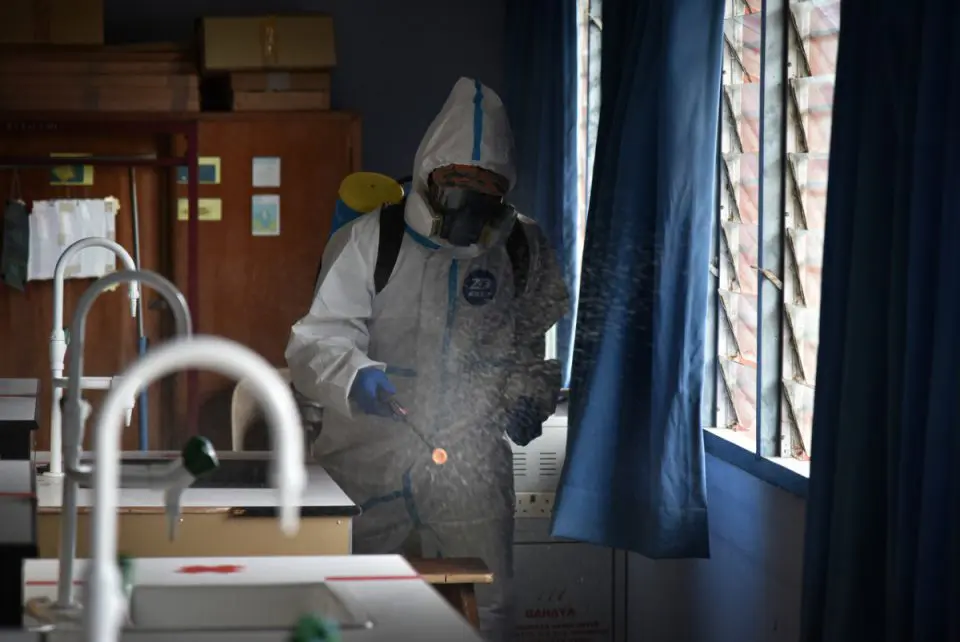KUALA LUMPUR, March 21 — The outbreak of Covid-19, with the first case detected in the country early last year, has changed the people’s lifestyle, economically, socially, as well as in terms of healthcare.
It is not just having to adhere to standard operating procedures (SOPs), such as wearing the face mask, exercising physical distancing and washing the hands often, the people are also seen taking on a proactive approach on matters concerning health care to protect themselves and their families from the deadly virus.
For those who can afford, they buy air filter or purifier for their homes, while they are also those who engage disinfection companies to sanitise to do so to ensure the deadly virus does not thrive in their abode.
But what about the people who cannot afford them, especially for those who have been in self-quarantine at home.
For a virologist from Universiti Sains Malaysia (USM) Associate Professor Dr Yahya Mat Arip, the disinfection or sanitisation process is not difficult and the public can do it by mixing a certain amount of bleach with water.
“The hypochlorite chemical in the bleach is enough to disinfect the areas that are frequently touched by wiping them, such as doorknobs and handles, light switches, and toilets,” he told Bernama recently.
However, he said, if the house had been used by Covid-19 patients, then more focus should be given to the area or room occupied by the patients and their clothing to be washed separately from those of other family members.
Another virologist, Prof Dr Sazaly Abu Bakar, from Universiti Malaya (UM), emphasised the importance of having good air circulation in the house because it can reduce infection.
“If there is good air circulation, the virus will come out and dissolve with the air outside. The air will rotate and clean the area inside the house to replace the unhealthy air that is trapped,” he added.
Apart from bleach, he said, disinfection can be done just by using soap and water.
Meanwhile, Syanty Octavia Amry, 37, who works with a publication company, admitted to being a bit paranoid about healthcare since the outbreak of Covid-19.
She said what made her more so was because her office is located near a construction company, making her more vulnerable to the virus.
“My career as a journalist also requires me to meet various individuals and we do not know their situation. So, every time I go home, I have the risk of bringing the virus home with me,” she said.
She was among those who opted to sanitise her home.
“The reason being that my family members are among the high -risk group, as well as having diabetes,” she added.
For housewife Nor Haniza Ahmad, 31, who hired a disinfection company to sanitise her home, said she felt it necessary as the house had been a quarantine centre for five members of her family who were down with Covid-19 last February.
“I don’t mind spending a little more to protect my family’s health,” she added.
— Bernama





